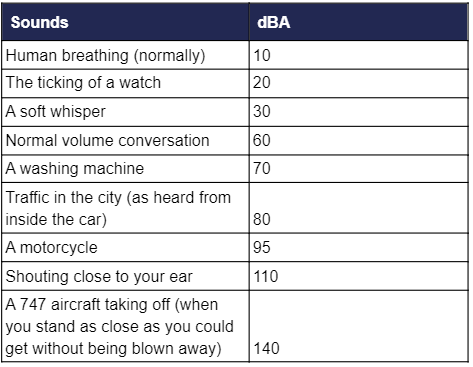
Tinnitus. A ringing, buzzing, hissing or whooshing in the ears. It can make life hell for its sufferers, and according to new research, almost 7 million UK adults are now plagued with the condition.
Bodytrak’s recent study surveyed a representative sample of 2,017 adults across the UK, and found that:
- More than half of Brits have experienced Tinnitus symptoms at some point
- 12.6% have been formally diagnosed with the condition.
- More people aged 25-34 have had a formal tinnitus diagnosis than any other age group (15%), followed by those aged 35 to 44 (14%).
So why are so many of us affected by Tinnitus?
Dr Hussain Ahmad teamed up with Bodytrak who conducted the study. He says:
“The truth is, there are many things about our modern-day lives that make us more susceptible to developing hearing issues such as tinnitus.
“From the headsets we use during video calls for work, where extended exposure to amplified sound can have detrimental effects on our auditory health, to attending live music events that subject our ears to dangerous volumes. All of these factors can greatly contribute to the risk of developing tinnitus.
Another lesser-known risk for developing tinnitus is regular exposure to noise from traffic. This is particularly severe in densely populated urban areas with close proximity to main roads.
“In fact, the World Health Organisation states that environmental noises should be below 70 dBA over a 24 hour period and below 75dBA over an 8 hour period to avoid the risk of hearing loss and other hearing related issues”.
Could you be at risk? Just how loud is too loud?
But what is 70 dBA? Well, perhaps the easiest way to understand it is to look at the noise levels produced by some common sounds:

And remarkably, just 2 minutes of exposure to 110dBA (someone shouting close to your ear) could result in hearing loss.











